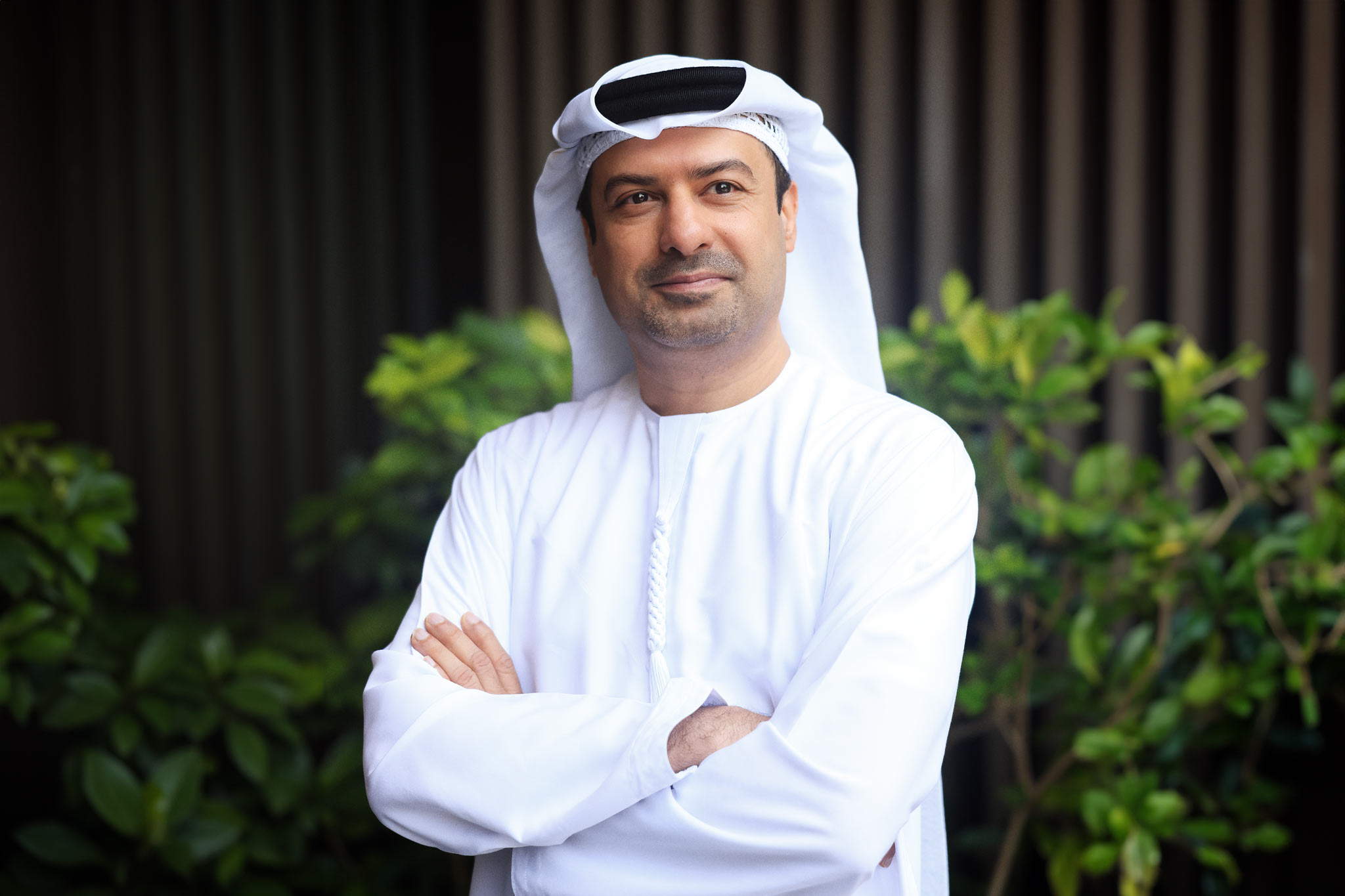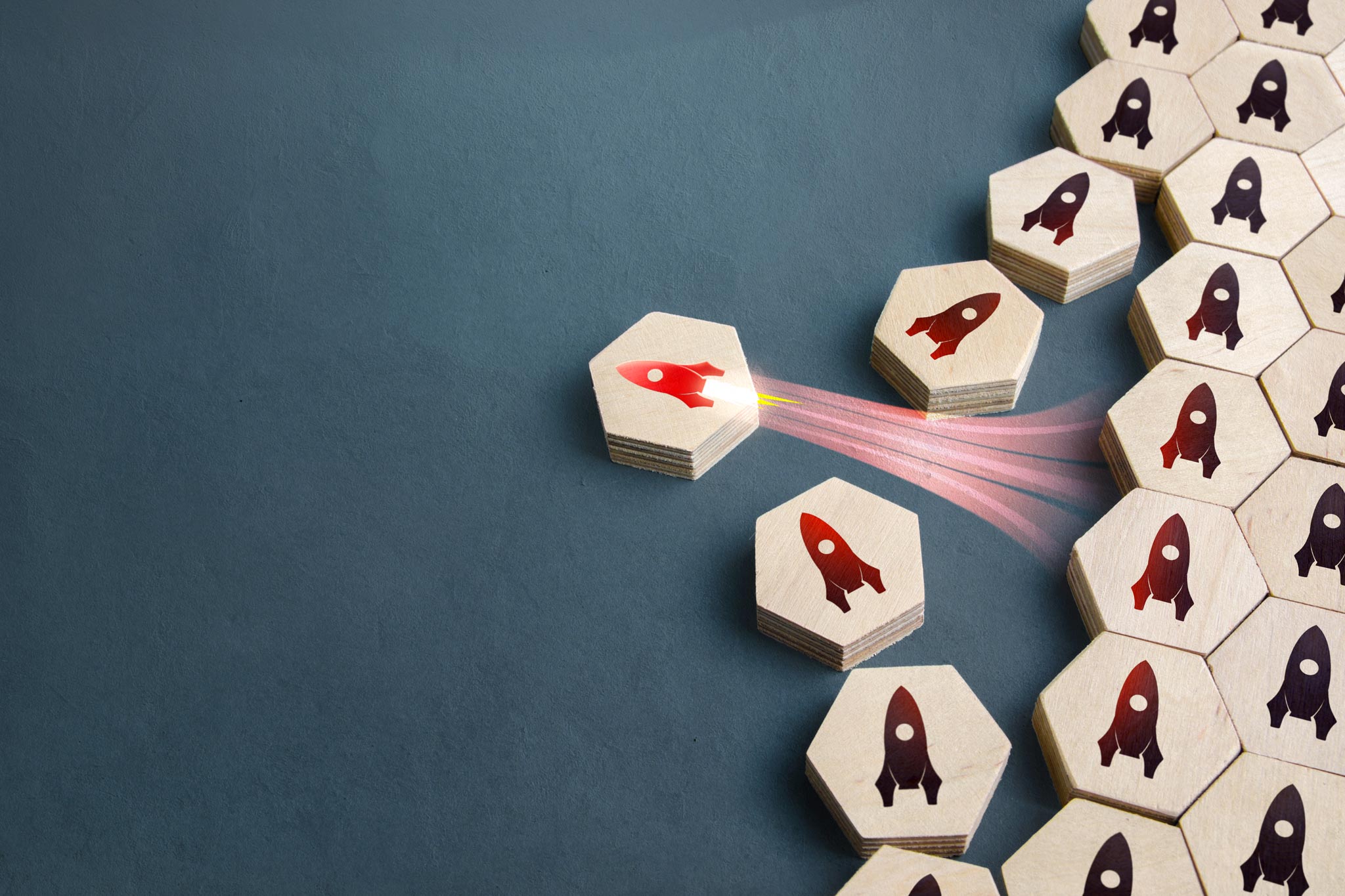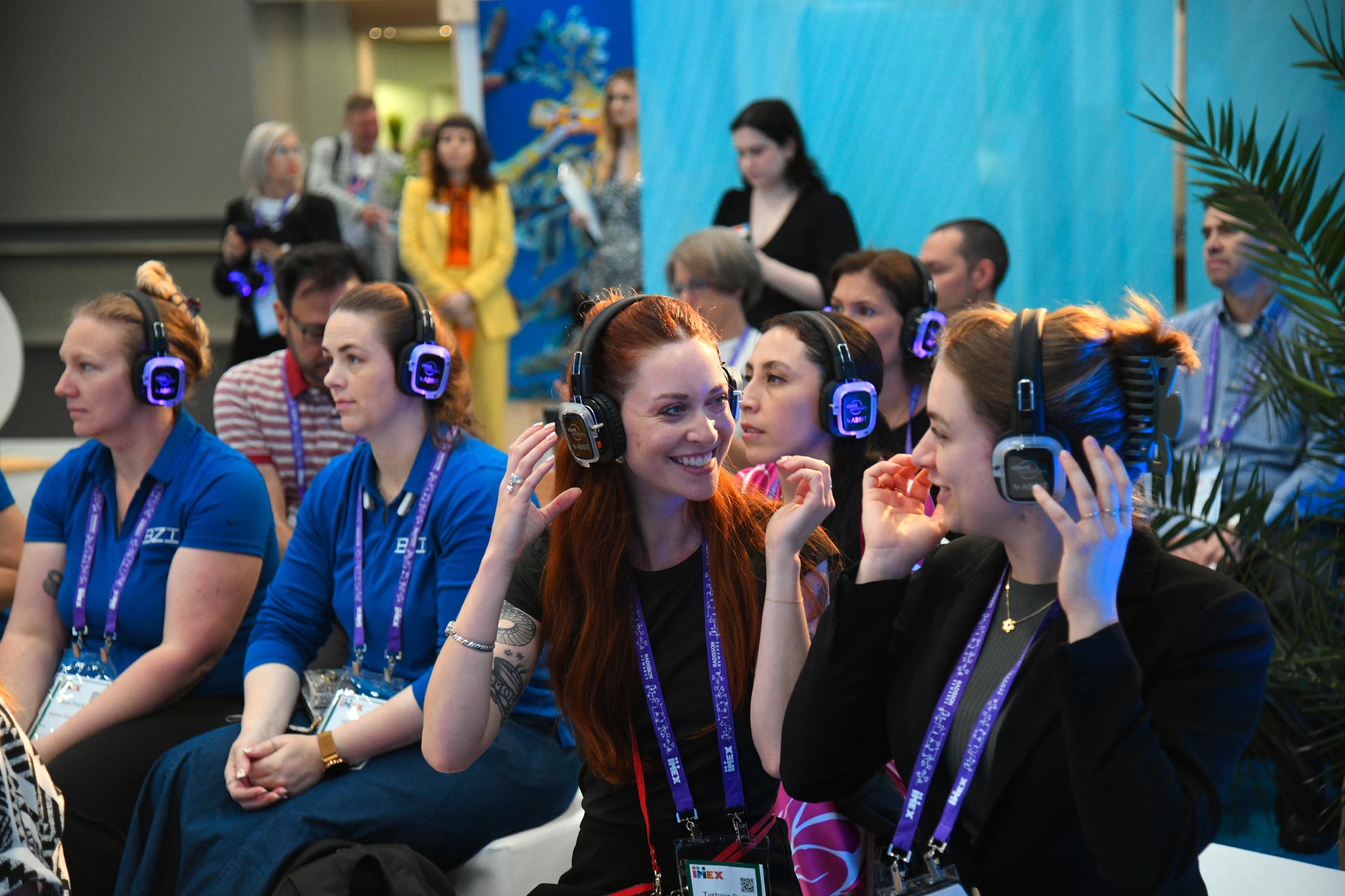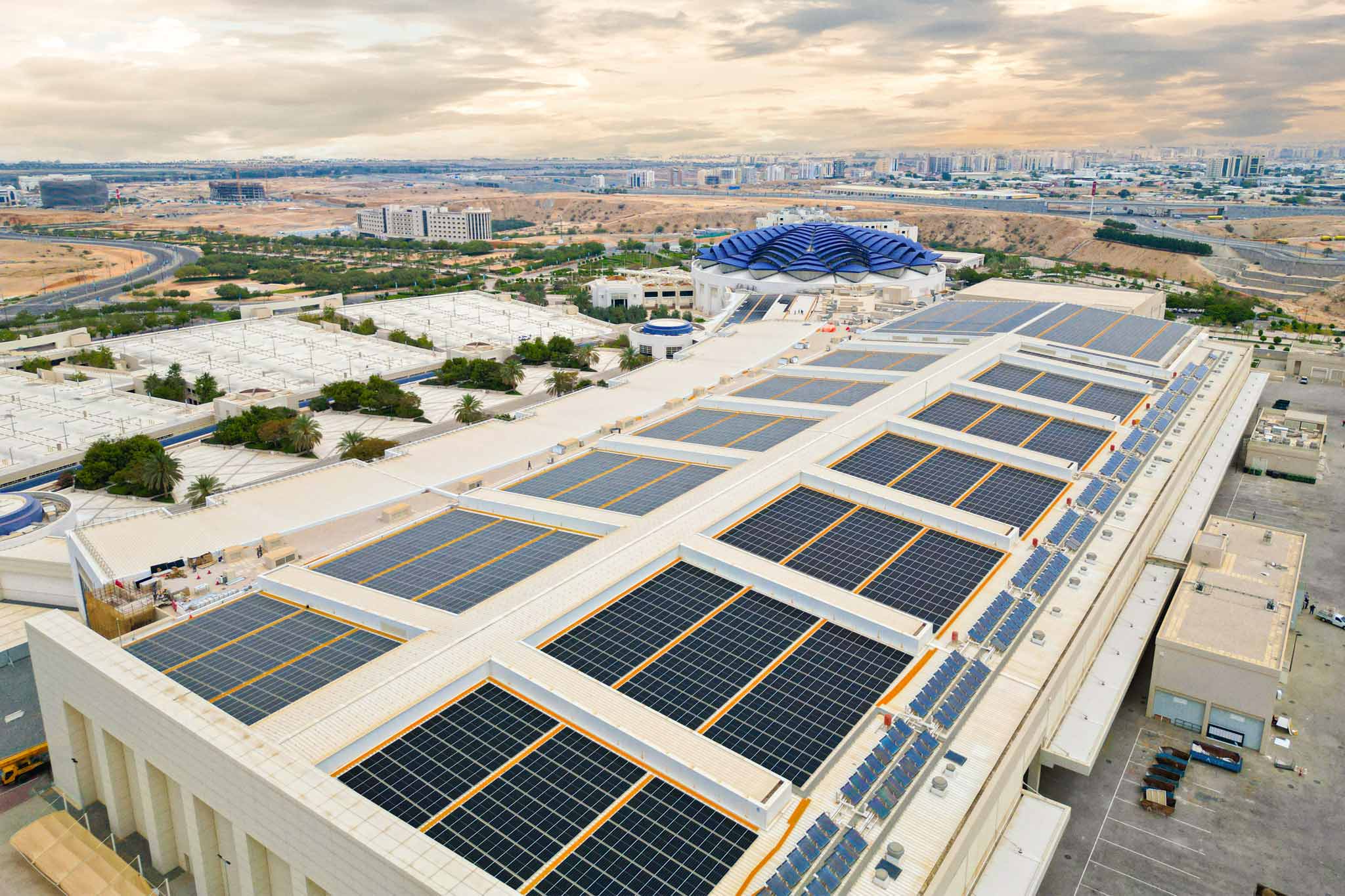According to Coin Telegraph magazine, Dr Marwan Alzarouni is one of the 100 most influential people in the world in blockchain technology. He is the CEO of the Dubai Blockchain Centre and Strategic Advisor at the Dubai Department of Economy and Tourism. He is recognised as an influential blockchain technology authority and has significantly contributed to the sector’s growth and innovation. Dr Marwan Alzarouni is known for his expertise in emerging technologies such as metaverse, artificial intelligence and cryptocurrency. His extensive career spans over two decades, during which he has been actively involved in developing projects related to information security, digital forensics and artificial intelligence.
Currently, he leads the Digital Asset Task Force, DATF, a research and advisory group that reports to the Dubai Future Council for Blockchain. The task force aims to conduct a comprehensive study to provide clear guidance on how digital assets can be encouraged and regulated. The council establishes Dubai as a global blockchain capital. It offers a platform for policymakers from various local and international government and private sector entities to explore futuristic, blockchain-based solutions.
Dubai’s metaverse strategy aims to make it one of the world’s top ten metaverse economies and a global hub for the metaverse community. The plan seeks to build on Dubai’s success in attracting more than 1,000 new companies in the blockchain and metaverse fields. It also supports Dubai’s ambition to create more than 40,000 new virtual jobs by 2030. A hub for startups, the Dubai Centre for Artificial Intelligence will inspire the country’s government agencies and develop future services to keep pace with rapid technological developments. By 2025, generative AI will account for ten per cent of all data produced.
“We are ecosystem builders. Our goal is to create, buy, and develop health technologies, among others, and amplify and drive the adoption of these technologies where they make sense. This was launched as the Dubai Blockchain Strategy in 2016. The aim was to find applicable use cases. So, whether it was healthcare, education, logistics, proptech, or fintech, these are the areas in which we saw the most value. We didn’t want to have an overall strategy for blockchain but also to have certain verticals that we would get more out of. So those were the ones we started with. We realised that fintech is where most of the value is already aligned. Because when we identified the value of the blockchain, it was about three things. One of them was a medium of exchange. The second was automating transactions through something called smart contracts. The third was record keeping and authorisation. It can be centralised, decentralised or a mixture of both. In the financial sector, all three boxes are ticked. Medium of exchange, so you can exchange without relying on a third party, has a single source of truth. So, it’s an unprecedented transaction ecosystem. No technology could offer the same robustness and reliability of a single source of truth that the blockchain could offer. So, this is what we started with in the financial sector,” says Marwan Alzarouni.
“Meetings and events are the best way to find the best talent”
“We realised that even in the education sector, there is a huge impact on record keeping and authorisation. With the traditional systems, you have all these pain points when moving from one school to another or from school to university, where you must certify all the documentation. There were a lot of scams, fake certificates and things like that. In contrast, now, people can move seamlessly from one institution to another by having a system where each university and each school can verify credentials for someone else, using completely digital methods based on blockchain technology for the request and authorisation. One of the other side effects, but an advantage built into the blockchain, is that it doesn’t have to be audited, so it’s self-auditing because you can’t put a transaction into the blockchain unless it’s on a new, digital website. The other thing that we didn’t foresee but is now super obvious is reliable statistics.”
According to Marwan Alzarouni, there are three periods for implementing any technology in terms of its life cycle. Before you start a project, expand it during the project and make the project sustainable. In the initial stage, education was one of the biggest obstacles. People needed to understand the value. And that’s why they were keen to understand this technology’s value. The second thing, which is during the actual implementation, is finding the right partner; it was extremely important because if you have the wrong stakeholders and they don’t get value from the system, and the system itself doesn’t allow people to come in and go out of it freely, then you’re going to have a project that can go sideways and not deliver what it’s made to give.
“Also, regarding expansion and survivability, we discovered that choosing the right platform can make the difference between surviving and thriving versus just going under. You need people invested in the project to survive and keep going. You need people who are getting value from it and not just trying to keep it going. We’ve seen some projects, particularly in logistics, that didn’t survive because they first concentrated power in certain players and then didn’t offer a good level of integrity or competitiveness, and those projects died. But those projects that were designed from the outset and in the implementation phase to be well-informed and easy for people to get in and get out, in the spirit of the blockchain, of course, are the ones that not only survive but drive the value from it and really took away a lot of the bureaucracy, took away a lot of the pain points that blockchain-less projects had before.”
In terms of metaverse, the idea is that people need to learn more about how metaverse technology will drive the future. What is the added value of this?
“What we started with was actually to go to the market. Gaming is still number one. The easiest way to market with metaverse is gaming because we see builders building mostly in entertainment and gaming. We have seen projects here in Dubai and elsewhere; everything is digital. So, you must first digitise your register for blockchain, metaverse, and all these technologies if it’s difficult to deal with paper and then go from paper to digital and then digital to accurate and up-to-date data and then from there to metaverse. But if all your data is digitised, visualised, and ready for gamification, it’s much easier to go to market with it.”
One of the metaverse applications is to use AR, that is, augmented virtual reality. In terms of maintenance, for example, for things like precious equipment, the aerospace industry, the space industry or any very advanced, very high-tech type of industry. One of the use cases launched from Dubai is an aircraft engine maintenance use case that involves multiple people. For example, if you have engine maintenance, one person marks all the areas that need to be changed or parts that need to be changed, and you have a paper checklist. And then, instead of one person manually marking the things, another person comes in and fixes them, and then a third inspector comes in and checks their work and ensures that everything is done through another checklist.
“No technology could offer the same robustness and reliability of a single source of truth that the blockchain could offer”
“Three people, eight hours total, whereas with AR, the whole eight-hour life cycle of fixing the engine is about 45 minutes. One person does it because you don’t need an auditor; number one, you have a CCTV recording. I overlay his interactive glasses to see the parts I need to change. Not only that, but you can also see how many turns he used to turn it for a particular bolt or something. You will see all the markings instead of someone writing and someone else erasing them after doing the job. It will be completely virtual, a catalogue of how to fix something if you have forgotten how to fix it. If you make an error, you get live feedback on your headset that you didn’t tighten or used the wrong part.
“You not only speed up the process but also provide self-auditing by designing a perfect record because it’s captured by video and improved during the maintenance. And this is where we see the biggest value of this kind of technology. It’s different from how people perceive it, and we should have a metaverse to meet people for a meeting, for example, or meeting representatives. It’s nice to have, but the value is in the things that will make us much safer and speed up the work.”
The Dubai Metaverse Strategy seeks to build on Dubai’s achievement of attracting more than 1,000 companies in the fields of blockchain and metaverse. It also promotes Dubai’s ambitions to support over 40,000 virtual jobs by 2030. Further, it will boost the economy and support the UAE government’s vision of increasing the number of blockchain companies by five times the present number. Is this possible?
“Yes, it is. And we are aiming even higher in terms of gaming as well. The figure is a bit on the low side. There will be many more jobs. But the idea is that we are still determining where this will come in and where we will see the huge peak of development. As you have seen with AI, there has been prolonged development. We were one of the first countries in the world to have an AI Minister. And we did it very early on. When it takes off, we will reap the benefits of that.
“There is an AI centre here, the Dubai Centre for Artificial Intelligence. We have many other initiatives within government departments to capitalise on AI technologies. We are positioning the same for the metaverse. It will take off. It shows the way to where things are going. And this road is, there’s no doubt about it, the road to the future.”
Answering the question of where Dubai will find all the people working in the blockchain companies, Marwan Alzarouni replies that it is probably and with the most significant possibility in Dubai. For example, from mid-April to mid-May, there will be a huge number of events and meetups in Dubai, and people from all over the world come for esports, the carnival, gaming, B2B gaming events, school events and universities, hackathons, hacker houses, meetups, a lot of other industry-specific events.
“In April, we have one of the biggest events in the world regarding Web3 coming to Dubai, called Token 2049. We have many other side events that will take place in Dubai, including 100-plus side events, some specific to certain industries. Some of them are dinners and meetings. Some of them are challenges for developers. All this will consolidate Dubai’s position as a world leader in this field and as a trendsetter and attract many talents.”
“Dubai is doubling down on meetings and events to create value for everyone who comes to Dubai”
A few weeks before our interview, Dr Marwan Alzarouni came back from the Satoshi Roundtable, which is the gathering of all the world trading and cryptocurrency funds, founders and change makers in a very informal kind of setting to understand what’s next to align with how this industry is going to move forward including blockchain, metaverse, web3, cryptocurrencies and everything that comes with it. Another initiative is the Dubai Economic Agenda 2033, which will create 65,000 jobs for young Emiratis. Much of this will be in the digital space with fintech, proptech, sustainable manufacturing and healthcare.
“Healthcare education will see the most change. With AI, we will see a massive momentum shift in how people learn how health is changing and how health testing will evolve. AI will significantly impact these industries, but metaverse and virtual reality will also have an effect. There will be much more development, which depends on the advances in AI.”
Meetings and business events are necessary to share knowledge and maintain and expand your network. Events create meetings, and meetings develop events. The question is, how important are business events for Dubai’s key sectors?
“They are extremely important. These meetings provide many of the most important contacts and understanding of how the industry is developing. Dubai is doubling down on meetings and events to create value for everyone who comes to Dubai. They want to stay here; they want to start businesses. They want to meet new people. They always fear missing events, to the point where we have people who come in for one particular event, and just after they land, they go to two or three other events that they never even planned to go to and didn’t even know existed. They love it. They loved the spontaneity of it all, too.
“Meetings and events are the best way to find the best talent because you get to meet a lot of people at the same time, and people in the same industry doing amazing things that you didn’t even know about. We already have the best talent here, and we keep getting more talent coming to Dubai and choosing to stay here.”
Marwan Alzarouni also mentions digital nomads. We have seen Dubai position itself as a hub for digital nomads who use the infrastructure here to work from hotels and flexible office places like We Work and In 5, home to hundreds of techpreneur startups.
“They are working in a regular office or from a coffee shop, improving the economy, doing amazing projects with very high values. They love to meet other like-minded people, creating these hubs for them. Meetings and events are crucial for creating this melting pot and collision space for these people; young women and men will meet each other and create the future when they meet.”



